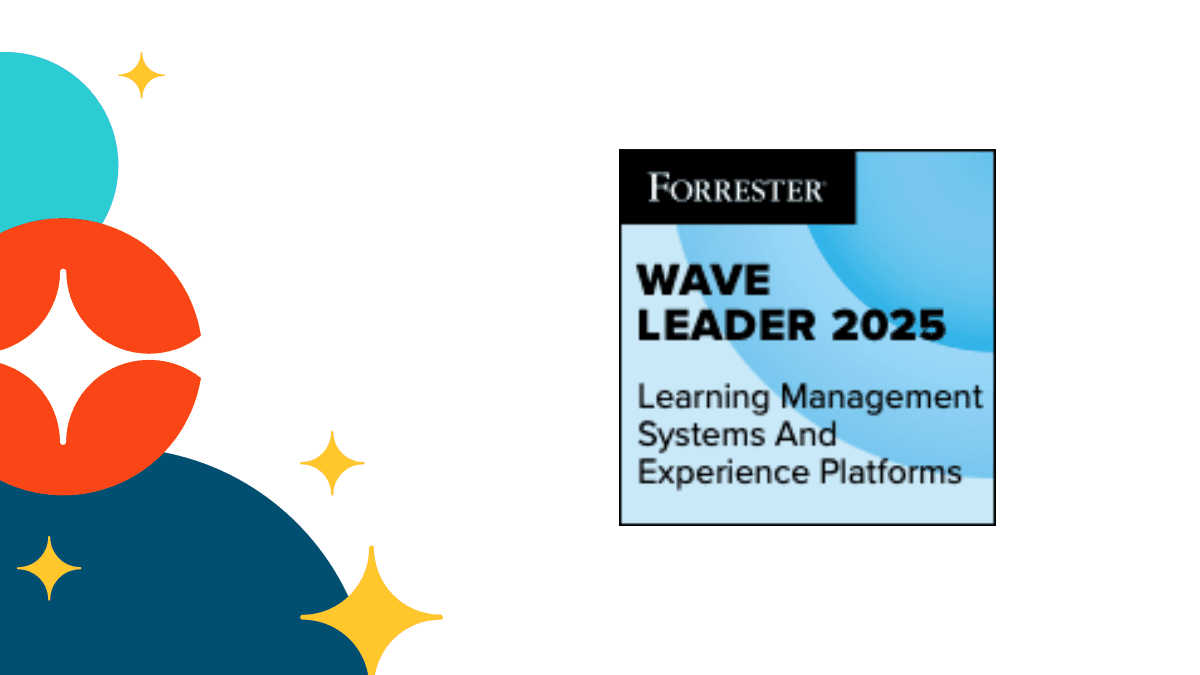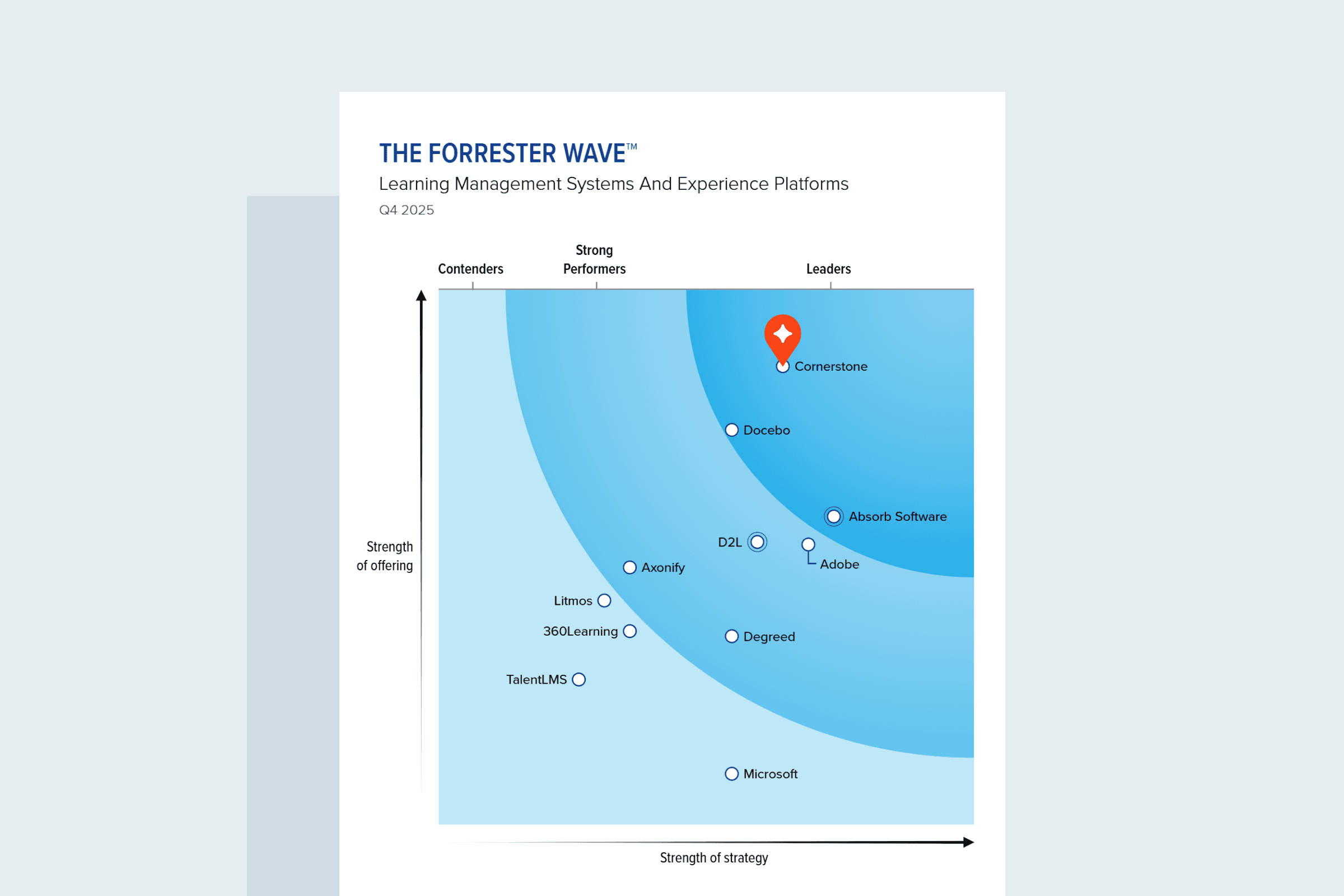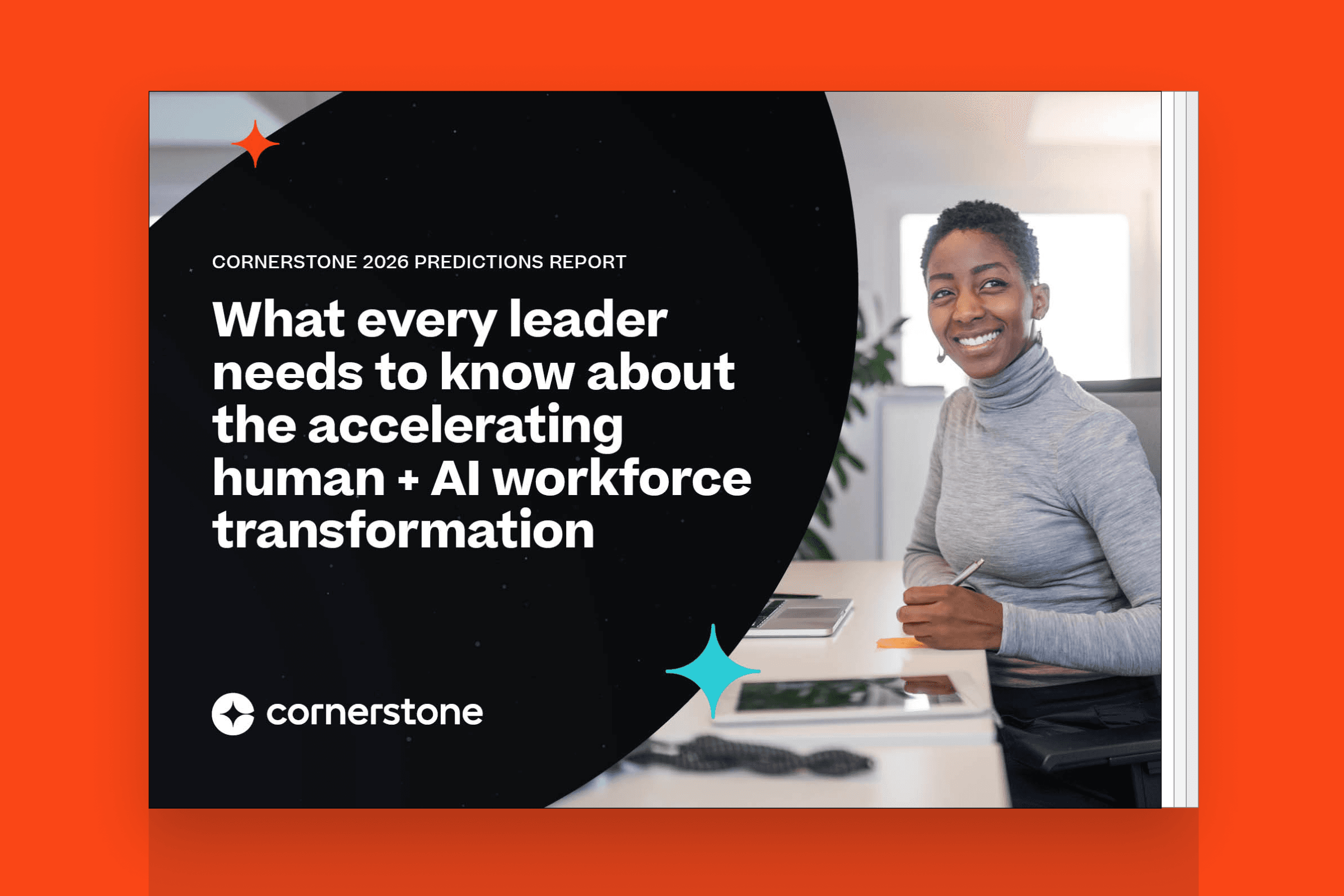With research predicting that technology could generate over £413 billion in additional value for the UK economy by 2030, investing in driving digital transformation has never been more crucial. Digital literacy has become the most crucial new skillset to acquire and is a non-negotiable in evolving an organisation.
To keep pace with this demand, targeted learning should be introduced – and it shouldn’t just be for employees. Businesses must include the C-suite in their learning strategies to achieve long-lasting change.

-test
The Emerging Role of Employees in Driving Digital Transformation
Today’s talent has the potential to be the force behind digital transformation initiatives. However, many still need to develop their skills, with 68% of employees having the potential to grow their digital skills and capabilities.
The demand to upskill in this area also applies to organisational leaders, with nearly 60% of C-suite job advertisements including technical and/or digital expertise. And that number will only continue to rise as AI accelerates further. Strengthening employee skillsets is a start, but leaders who want to evolve need to embrace learning to drive digital transformation.
Embodying a Learning Culture for Digital Transformation

One of the most important things to remember is that digital transformation is synonymous with cultural transformation. It’s about improving the talent experience to help employees become data-driven, innovative, and confident in their digital skills. Implementing a continuous learning strategy will be crucial here – as the type of digital skills needed will always evolve and change, so must any training around them.
Taking this approach will give organisations the agility necessary to keep pace with the ever-changing technology landscape. The C-suite have an essential role to play here, in driving this cultural shift towards embracing continuous learning.
The Need for Increased Investment in Skills
L&D brings benefits to the table – not just in driving digital transformation, but in other areas like revenue. However, many organisations are still not prioritising investment in skilling. For instance, only 56% of CEOs in the UK are committed to upskilling their talent in technology, despite 77% deploying advanced tools like AI.
Furthermore, only 32% of businesses are prepared to prioritise investment into skills within the next three years. This cannot continue if organisations want to drive digital transformation – if employees don’t have the resources to develop their capabilities, leaders risk falling behind the digital literacy curve.
Engaging the C-Suite as Champions of Learning

Executives have a pivotal role in championing learning as a top-down initiative to ensure success. Positioning L&D at the forefront of the conversation, thus demonstrating engagement, communicates how invaluable learning is to driving digital transformation.
To better recognise the benefits of learning and its impact on business growth, leaders should integrate it into the organisation’s DNA. This can involve highlighting reward incentives and engaging with talent to better understand how L&D has had a positive impact on them.
Harnessing the C-Suite to Foster a Learning Culture at Every Level
The C-suite must embrace their roles as key drivers behind this push to develop digital skills. Not only must they communicate the strategy’s value to the wider organisation, motivating and inspiring employees to partake, but they must also be engaged in the continuous learning themselves. Everyone, from new starter to CEO, has a responsibility to continuously learn.
Executives need to recognise continuous learning’s positive impact on business growth and integrate it into the DNA of the organisation. This could involve highlighting reward incentives and gathering feedback from employees to drive engagement in learning. This will be especially important as companies navigate talent shortages and market uncertainty. There are steps leaders can take to respond accordingly, but promoting and engaging with L&D ensures that it isn’t pushed aside.
-test
Unlocking Potential: The Power of Coaching and Mentorship

Coaching and mentoring are two powerful tools that unlock talent growth and mobility to drive success in a rapidly evolving business landscape. Coaching provides tailored guidance and support to help overcome challenges, develop new skills, and reach individual goals. Mentorship encourages and cultivates nurturing relationships between the more experienced leaders, and the employees who are eager to seek guidance to help advance their careers. As such, integrating coaching and mentorship into a learning culture can act as a catalyst for building digital skills.
Overall, businesses cannot digitally transform without the help of the C-suite. As the faces of an organisation, executives have a responsibility to champion learning culture and position L&D as a key priority for achieving long-term growth and success. By promoting the value of learning and embracing coaching and mentorship, leaders can set a strong example to ensure a strong learning culture and holistic growth across the workforce.
Click here to discover more about how Cornerstone’s solutions can improve your learning and development strategy.


